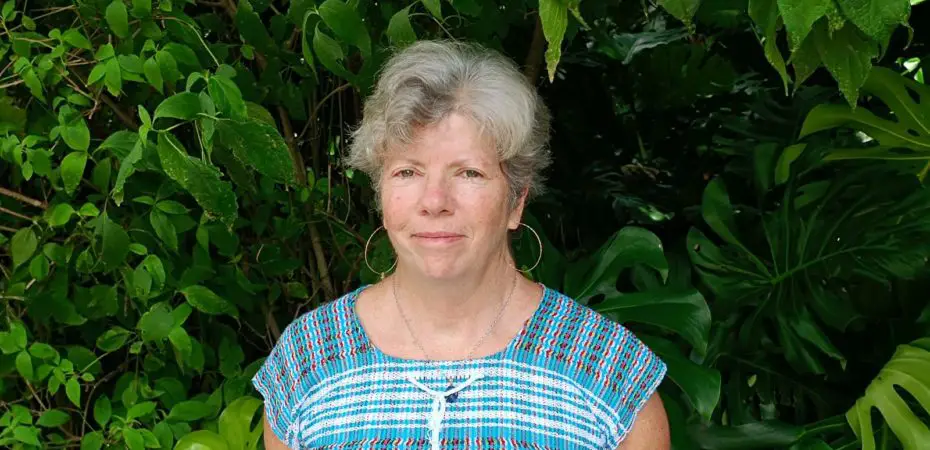QCOSTARICA — Vicarious violence, also called “substitution violence” is considered one of the most complex forms of domestic aggression. In practical terms, it consists of attacking children so that the mothers are the ones who suffer.
The concept is extended to scenarios where the protection of the property and even the pets of the victims is also sought.
In Costa Rica, a bill has been circulating since the beginning of the year. However, it has not managed to align its ideas with normative science and the logistical aspects that would allow for its proper application.
– Advertisement –
“The criminal type is necessary and I agree with it. But since the impact on the Judiciary, we are going to face a pile of complaints and a greater number of jobs without having the necessary professionals,” summarizes Judge Roxana Chacón.
This and other observations have been deepened by the Judiciary after several consultations on the text of the bill and it was reiterated this week. The lack of resources and the overload that the project would demand to have psychological and psychiatric reports would be making it difficult to materialize said Law against Vicarious Violence.
“A judge is not going to take risks”
The latest edition of the norm proposes reforms to the Law against Domestic Violence. It would also affect the Law of Penalization of Violence against Women and the Family Code.
Among the main concerns of the Judiciary is that in order to make changes to measures, victims should be heard.
In addition, it would be necessary to have psychological and psychiatric examinations. Although in this case it is said that they would be optional, the lack of personnel and the fact that it resorted to studies as a key input still raises alarms in the Court.
– Advertisement –
“The same judge will never risk opting for an alternative sentence without requesting these psychological and psychiatric examinations in all cases where he sees the possibility,” said Judge Sandra Zúñiga, in charge of the ruling.
Added to this is the need for various resources to attend to all the paperwork necessary to implement the law.
“That not only means money, the need for us to have to carry out, each expert report has a cost for the institution,” added Zúñiga.
“It means money because we will possibly not be able to cope with the number of professionals who currently carry out these expert reports. I do not have to remember here the situation we currently have with the medical staff in the institution. This will represent a delay in the processing of all criminal cases of this nature. Of course there is an affectation to the administration and operation,” she concluded.
– Advertisement –
More points to clarify
The magistrates also argued that there are concepts in the bill that remain open in the case of Vicarious Violence.
One that is essential is to define when the link between two people is identified as a relationship. Although marriages and courtships are contemplated, other approaches would be open. In addition, some time periods that in theory would be necessary according to Criminal Law are not defined.
“It can take 10 years, 20 years, 40 years. It seems to me that this is an issue from the point of view of the principle of legality. It speaks of people who have maintained a relationship, a relationship that can last a week,” Zúñiga explained.
Particularly the concern is about the concept of “sentimental relationship” in the bill. “It seems to me to be a confusing, generic, broad and indeterminate expression and that vagueness could have problems when it comes to being applied,” the high judge explained.
Her colleague Chacón stressed that vicarious violence is one of the areas where prevention issues must also be worked on. “We cannot face this number of cases without significant prevention that allows us to mitigate the effects and lower the numbers so that they are not so high,” she said.
“If there is no prevention it is almost impossible and that is not up to us but to the central government,” agreed magistrate Jesús Ramírez.
What does the Law against Vicarious Violence cover?
The bill attempts to mitigate the emotional, psychological and patrimonial impact of vicarious violence.
Its definition would be as follows:
Action or omission committed by someone who maintains or maintained a relationship of marriage, de facto union or some sentimental relationship with the woman, acting on their own or through an intermediary, whose objective is to cause emotional, psychological or patrimonial harm to the woman, through the physical, psychological, emotional or patrimonial affectation or harm to a descendant, ascendant, collateral relative by blood, affinity or adoption up to the fourth degree inclusive, economic dependent, pet or movable or immovable property of the victim.
BILL 24.114
At the level of regulations and new penalties, the law would cover sanctions such as:
- Prison sentence of 20 to 35 years: for anyone who kills relatives up to the fourth degree of the woman with whom they were in a relationship.
- Up to two years and eight months: for the death of the woman’s pet.
- From three to 15 years: for beating and physical and psychological damage to the woman’s family members.
- Between three months and three years of disqualification: applies to officials who promote the obstruction of investigations for vicarious violence.
- Disqualification from two to six years: for cases of non-compliance with the duties of officials who, faced with a situation of risk to the personal integrity or economic need of the woman victim, do not carry out their work.
– Advertisement –
Source link
Rico


